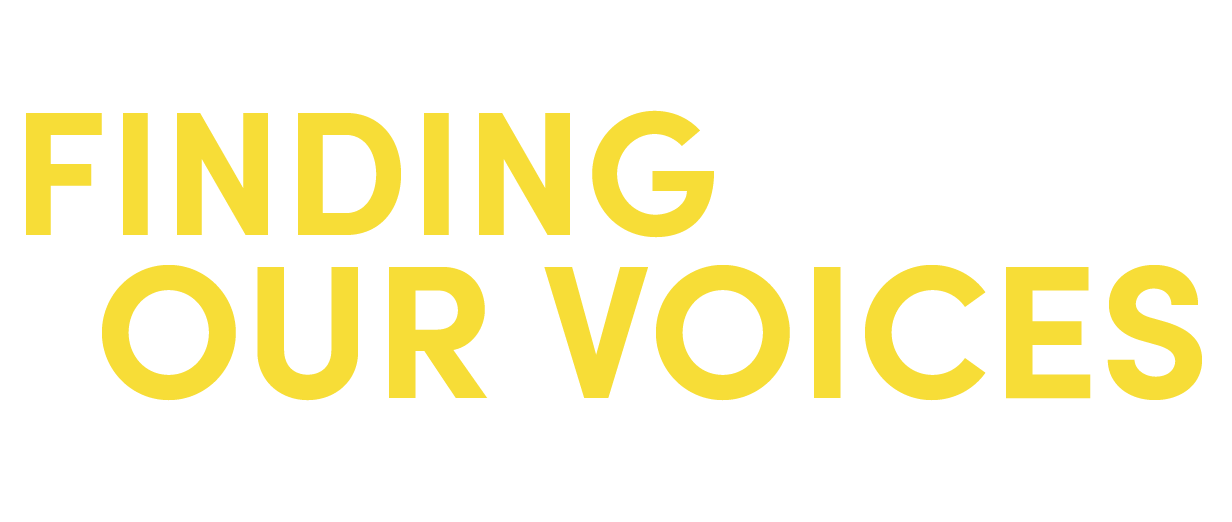TO SPEAK OR NOT TO SPEAK
Eve sent me a link to a newspaper article about how the media are becoming more aware of their responsibility to not re-victimize the victim when it comes to domestic abuse.
With the relentless slaughter of women by their boyfriends and husbands-- just last week three domestic abuse murder/suicides in New York City and one in Maine---- everyone needs to do their part to stem the bloodbath.
Here is part of what Shenna Bellows, director of the Holocaust and Human Rights Center in Augusta, Maine, said in her extraordinary introduction of me at my Finding Our Voices slideshow presentation and Survivor Speaks panel discussion there:
“We must act break down the barriers that silence domestic violence victims. To see domestic violence not as a personal matter between two people but as a public issue of human rights. And in every human rights issue let us take the side of the survivor, not the abuser.”
The media seems to be is paying attention to this with sexual abuse, after it came out that journalists were among the "everyone" in the everyone who knew but did nothing about the crimes of Harvey Weinstein and Jeffrey Epstein, allowing their power and control, and thus victims, to accumulate. The two New York Times reporters who broke the story of Weinstein call their book on that journey, "She Said."
With domestic abuse, media can break the stereotype and help to end the stigma, thus wiping away the shame which along with fear of the perpetrator is what keeps us silent. Or it can keep us quiet, or decide to stop speaking out.
What fairness is appropriate to the victim and perpetrator? What is necessary for the publication to stay on the right side of the law as regards to libel, and what is gratuitously hurtful to the victim?
These questions can be considered with the three articles that appeared on my project Finding Our Voices: Breaking the Silence of Domestic Abuse in the last week of October.
Ellen Barry of The New York Times had a half hour phone conversation with the perpetrator. Mary Pols of Maine Women's Magazine and Charlotte Lytton of the Telegraph in London as far as I know did not reach out to or speak with the perpetrator. I agreed to a phone interview with Charlotte Lytton from the Telegraph after reading a sympathetic and sensitive book review she wrote on the rape victim Chanel Miller.
Headlines first:
Now the description
of the case against the perpetrator in the NYT first then MWM then Telegraph:
Common tactics domestic abusers use to get and maintain control over the woman who loves them -- featured on the Power and Control Wheel that is a central feature in the Finding Our Voices project -- are "minimizing" and "denying" and "humiliating". Abusers do this day in and day out when you are living with them, but usually behind closed doors. When a woman finally escapes her domestic abuse situation, if she is lucky, there are bail conditions or a Protection From Abuse order so he cannot contact, i.e. abuse, her even through a third party.
But when the media reaches out to an abuser for "their side of the story" they give the abuser a platform to minimize, deny and humiliate -- only now, to the entire world.
The New York Times gave a worldwide platform to the perpetrator in the excerpt below to minimize and deny, but even worse to me, humiliate, in the last two paragraphs. Charlotte Lytton of the Telegraph, in the second excerpt below, helped to rectify this in her subsequent coverage and I particularly like and appreciate the word "understandably" in the second paragraph.
I am wary of going on the record to the media. Unless it is with Maine journalists (excepting the Associated Press out of Portland Maine who for some reason slanted toward the perpetrator, especially in the headline, every time they covered the story). Maine journalists have consistently made it clear in their coverage of the criminal case, and Finding Our Voices, who is the victim and who is the perpetrator and they did not provide a platform for re-victimization -- shout out to Reade Brower, Alice McFadden, Will Grunewald, Brad Rogers, Chris Wolf, Rob Caldwell, Dan Dunkle, Andy O'Brien, Bob Keyes, Bill Nemitz, Lynda Clancy, and Mary Pols. One more reason why, when I got my divorce and because my kids were grown I could have settled down anywhere in the world, I am glad I chose to stay in Maine.











